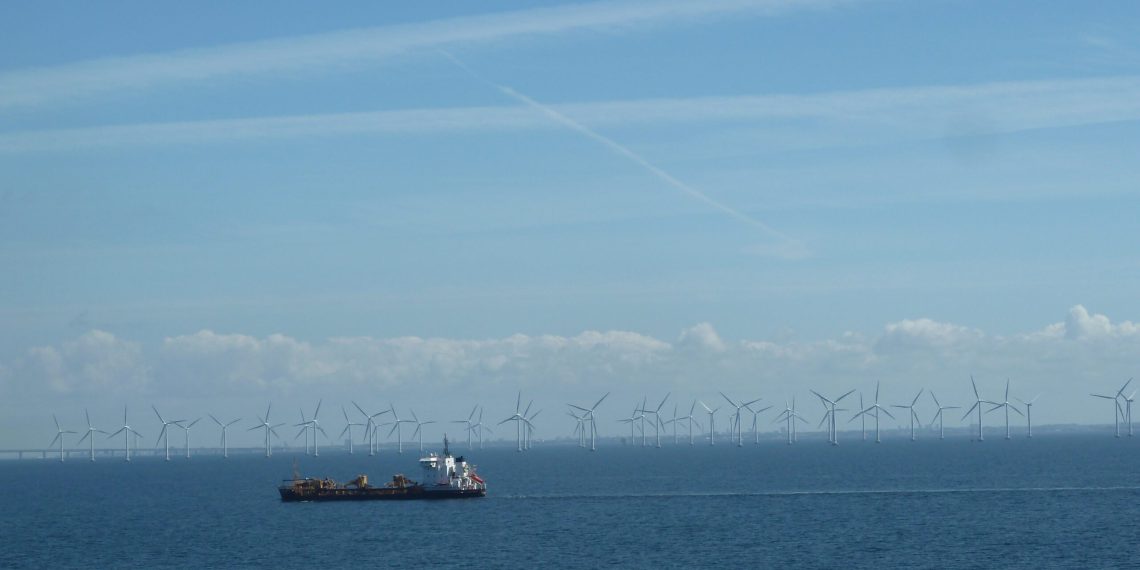If seas and coasts suffer from climate change or unsustainable use, this has an impact on nature, but also on human well-being — not least, part of our food comes from the sea or we spend our leisure time on the coast. Making the interaction between humans and the sea as sustainable as possible is one goal of the CREATE joint project launched today and headed by biodiversity expert Prof. Dr. Helmut Hillebrand from the University of Oldenburg. It is one of a total of seven projects in the second research mission of the German Alliance for Marine Research (DAM), entitled “Protection and Sustainable Use of Marine Spaces.” The German Federal Ministry of Education and Research (BMBF) is funding the longer-term project with an initial amount of about four million euros over an initial period of three years.
“Humans and the sea form a socio-ecological system. The diverse man-made interventions in coastal marine ecosystems are increasingly leading to conflicts of use. In view of the diverse stressors that influence each other and often run counter to the goals of marine conservation, integrated concepts must be developed.”
- Prof. Dr. Helmut Hillebrand
To develop concrete solutions, experts from the natural and social sciences, economics, engineering and society are therefore working together in the CREATE project. They will establish three so-called real laboratories in the North Sea and the Baltic Sea, where they will combine their methods to develop practical, innovative solutions. The sites are the Borkum Riffgrund and Sylt Outer Reef nature reserves and the Eckernförde Bay.
“Reallabs are a comparatively new approach in marine environmental science,” says marine ecologist Dr. Ute Jacob, who is in charge at HIFBM. “Their core is to develop measures for more sustainable use and effective protection with all stakeholders and then implement them together in specific regions.” In the project, this process begins with a systematic analysis of all the groups of people to be involved and is to result in scientifically based recommendations for action. These will be available to politicians, business and society as a basis for future decisions.
In addition to researchers from the ICBM and the HIFMB, experts from 14 other partner institutions are involved in the project. These are the Universities of Kiel, Rostock and Greifswald, the Humboldt University of Berlin, the University of Veterinary Medicine Hannover, the Alfred Wegener Institute Helmholtz Centre for Polar and Marine Research, the Helmholtz Centres for Environmental Research (Leipzig) and Ocean Research (Kiel), the Leibniz Center for Tropical Marine Research Bremen, the Leibniz Institute for Baltic Sea Research in Warnemünde, the Max Planck Institute for Marine Microbiology in Bremen, Senckenberg am Meer (Wilhelmshaven), the Johann Heinrich von Thünen Institute in Bremerhaven, and the German Development Institute.

















